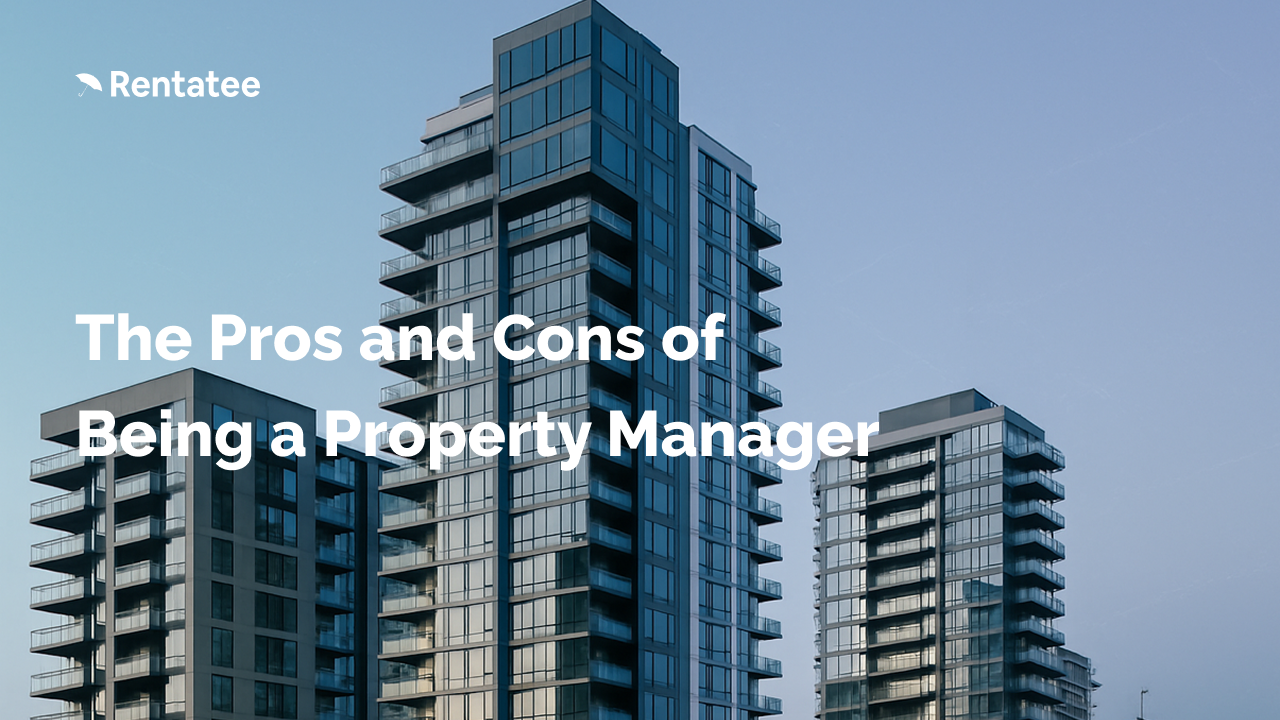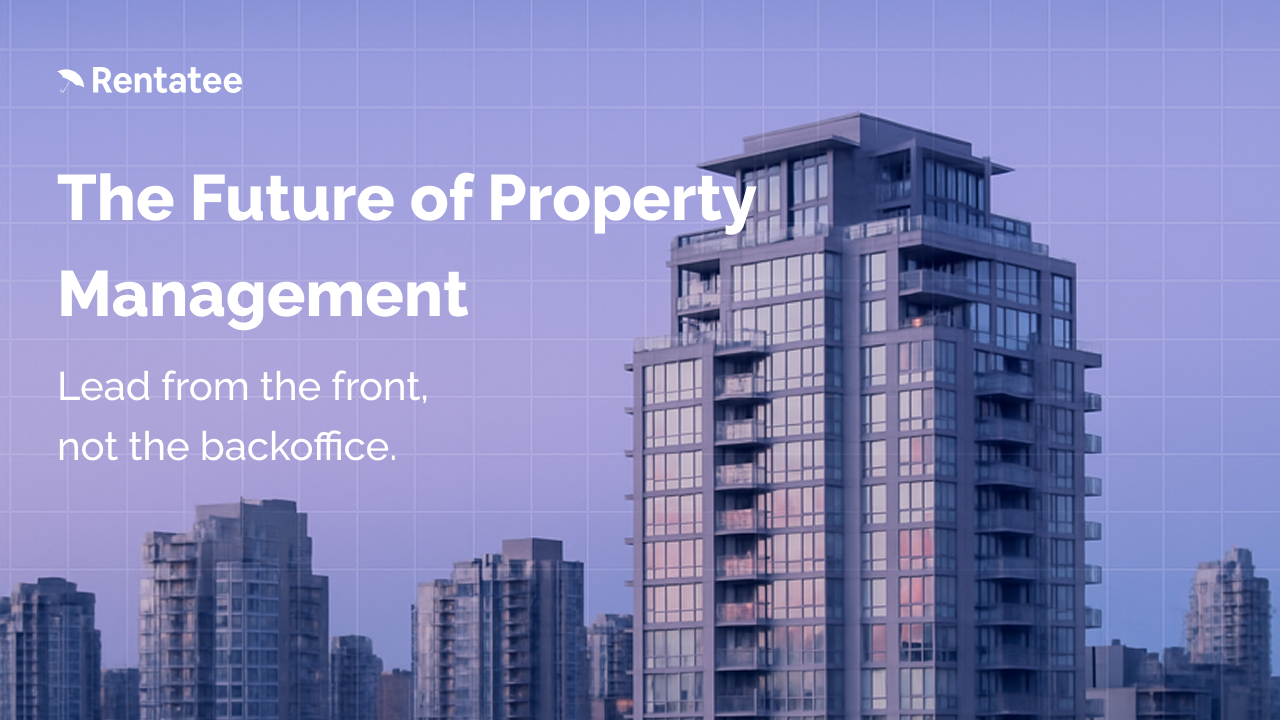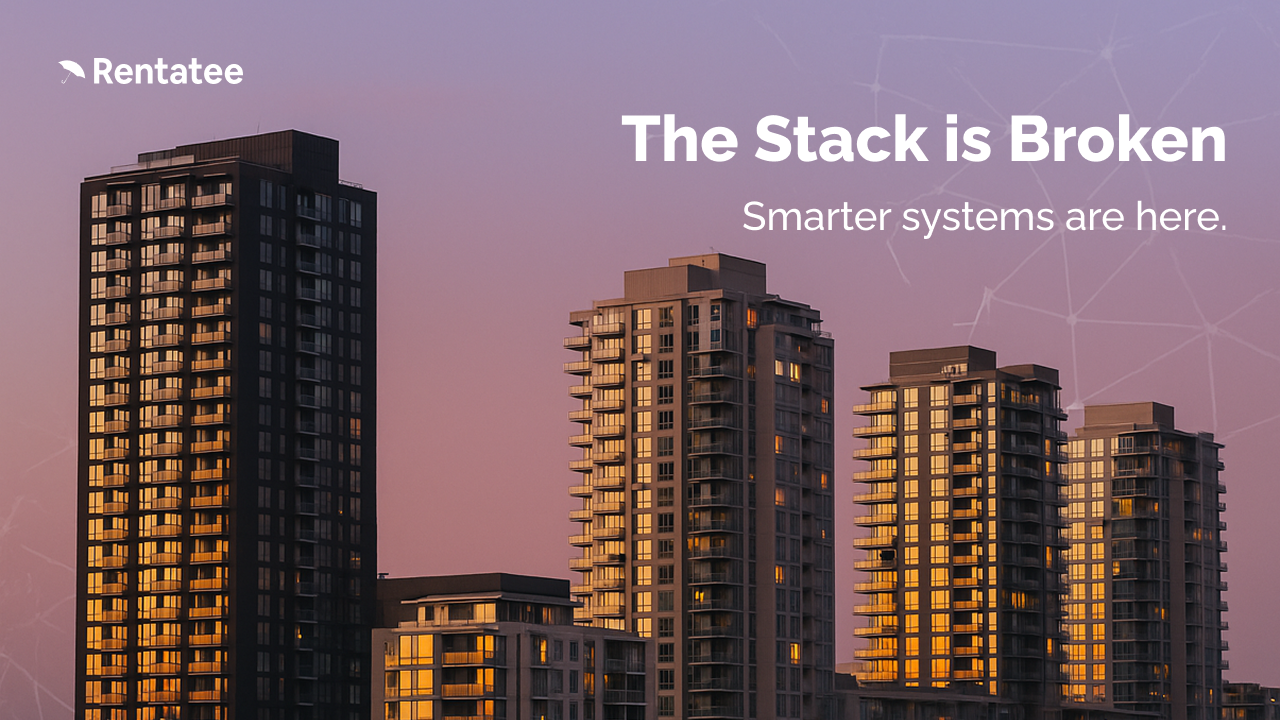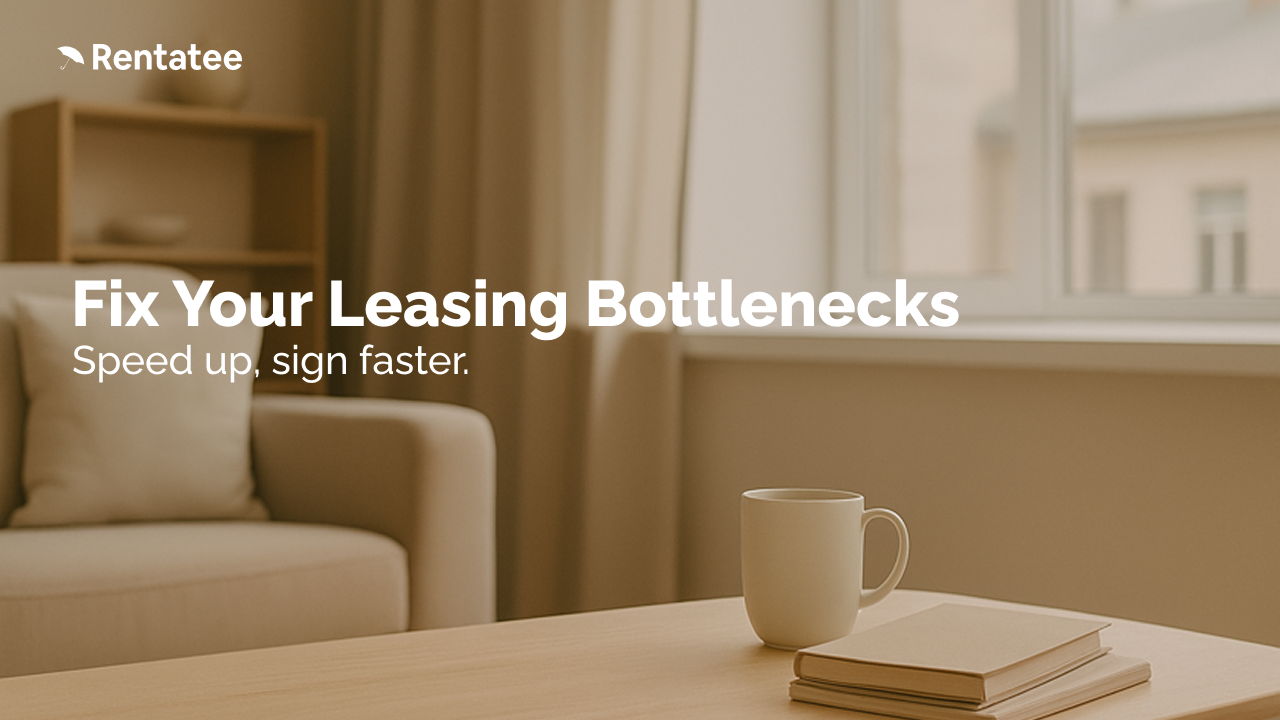Property management isn’t for everyone.
It’s fast-paced. It’s unpredictable. And some days, it feels like you’re putting out fires more than running a business.
But if you do it right and build the right systems, it can also be incredibly rewarding.
Here’s a clear-eyed look at what you’re really signing up for.
The Pros
You Get to Build Something Tangible
You’re not pushing paper. You’re overseeing real buildings, solving real problems, and watching communities grow.
Whether it’s lease-ups or stabilizing older properties, you see the impact of your work in physical form.
You Control the Experience (and the Outcome)
From how tenants are onboarded to how issues get resolved, you’re in charge of the process. And when you do it well, you directly improve retention, reputation, and revenue.
Few roles give you that level of influence over both the experience and the bottom line.
Every Day is Different
You won’t be stuck in a repetitive cycle.
One day you’re onboarding new tenants. The next, you’re handling legal notices, vendor coordination, or rent reviews.
If you like variety, property management delivers.
You Build a Wide Skill Set Fast
Operations, communication, compliance, conflict resolution, tech, accounting. The role forces you to level up fast.
It’s a crash course in running a real estate business.
Great property managers become operators, consultants, or portfolio owners down the line.
The Cons
It’s a 24/7 Mental Load (Without the Right Systems)
Even if you don’t work weekends, the job follows you.
Maintenance issues pop up at night. Rent reminders need to go out. A vendor cancels last minute.
Without automation, clear workflows, or strong boundaries, burnout creeps in quickly.
Tenant Conflicts Are Part of the Job
Late payments. Lease violations. Noise complaints.
If you don’t have a thick skin or a documented process, these situations can drain your time and energy fast.
Set policies early. Enforce them consistently. Stay professional no matter what.
You’re Accountable to Everyone
Tenants want quick responses. Owners want reports. Your team wants answers.
You’re often the bridge between everyone, which means you’re fielding questions and pressure from all sides.
Without clarity and strong communication systems, it’s easy to get overwhelmed.
Small Mistakes Have Big Consequences
Miss a renewal? Delay a legal notice? Forget to follow up on a repair?
Those oversights can snowball into lost revenue, liability, or tenant churn.
That’s why documentation, reminders, and standardized processes aren’t optional.
Property management is high-stakes work.
But with the right tools and mindset, it becomes one of the most strategic roles in real estate.
If you like solving problems, building systems, and improving operations and you’re willing to play the long game, it’s one of the most rewarding careers you can build.
Just make sure your operations are as strong as your ambition.




